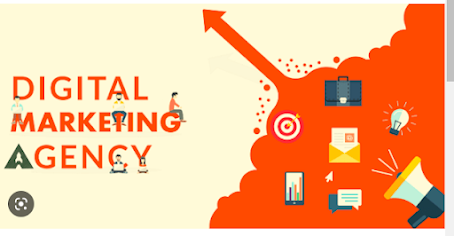Online Content Marketing
Online Content Marketing
Online content marketing is a digital marketing strategy that involves creating and sharing valuable, relevant, and consistent content to attract and retain a clearly defined audience — and ultimately, to drive profitable customer action. The content can take many forms, such as blog posts, videos, infographics, e-books, social media posts, etc., and is distributed through various online channels, such as websites, social media, email, and others. The goal is to build trust and establish expertise in a particular subject, thereby positioning the company or brand as a thought leader in its industry.
Awareness stage for content marketing : The Awareness Stage is the first stage of the customer journey in a typical content marketing funnel. The goal of this stage is to introduce the brand, product, or service to the target audience and create awareness of the problem or need that the solution solves.
At this stage, the content should be educational and informative, focused on attracting a wide audience and creating a positive first impression. The content can include blog posts, infographics, social media posts, videos, and other formats that provide value to the target audience without being overly promotional.
The key objective is to build relationships with the target audience and establish the brand as a trusted source of information, laying the foundation for future stages of the funnel.
History of Content Marketing: The concept of content marketing has been around for centuries, dating back to the days of Benjamin Franklin, who published Poor Richard's Almanack. In the early 20th century, companies like John Deere and Procter & Gamble began producing content to educate and build trust with their customers. The term "content marketing" was first used in the late 1990s, and has since evolved into a key part of modern marketing strategies, with the rise of digital media providing new channels for content distribution. Today, content marketing is used by businesses of all sizes to attract and retain customers by creating and sharing valuable, relevant, and consistent content that addresses their needs and interests.
Consideration Stage For Content Marketing: The consideration stage is a crucial part of the customer journey and the content marketing process. During this stage, potential customers are actively evaluating their options and researching solutions to their needs. The goal of content marketing in the consideration stage is to educate and inform these potential customers, helping them to make informed purchasing decisions.
To effectively reach customers in the consideration stage, content marketers typically create and distribute the following types of content:
- Blog posts and articles that provide in-depth information on products, services, or industry topics
- E-books, whitepapers, and guides that offer comprehensive information on specific topics
- Case studies and testimonials that showcase the success of others who have used the company's products or services
- Videos that provide demonstrations, product features, and benefits
- Infographics and interactive content that visually explain complex topics
By providing valuable and informative content, companies can establish themselves as trusted sources of information, build brand awareness, and position themselves as the solution to the customer's needs.
Why is content marketing important: Content marketing is important because it helps to attract, engage, and retain a target audience by creating and sharing valuable, relevant, and consistent content with the goal of ultimately driving profitable customer action. By building trust and establishing thought leadership, it helps to establish a brand as a trusted resource, which can lead to increased brand loyalty and customer acquisition. Additionally, content marketing can also support SEO efforts and drive traffic to a website, helping to increase visibility and reach.
As the world increasingly shifts to digital, so too does marketing. More and more companies are turning to online content marketing to reach their target audiences. Essentially, it’s the creation and distribution of digital content (like blog posts, eBooks, infographics, etc.) with the goal of attracting and engaging customers.
.jpg)



Comments
Post a Comment